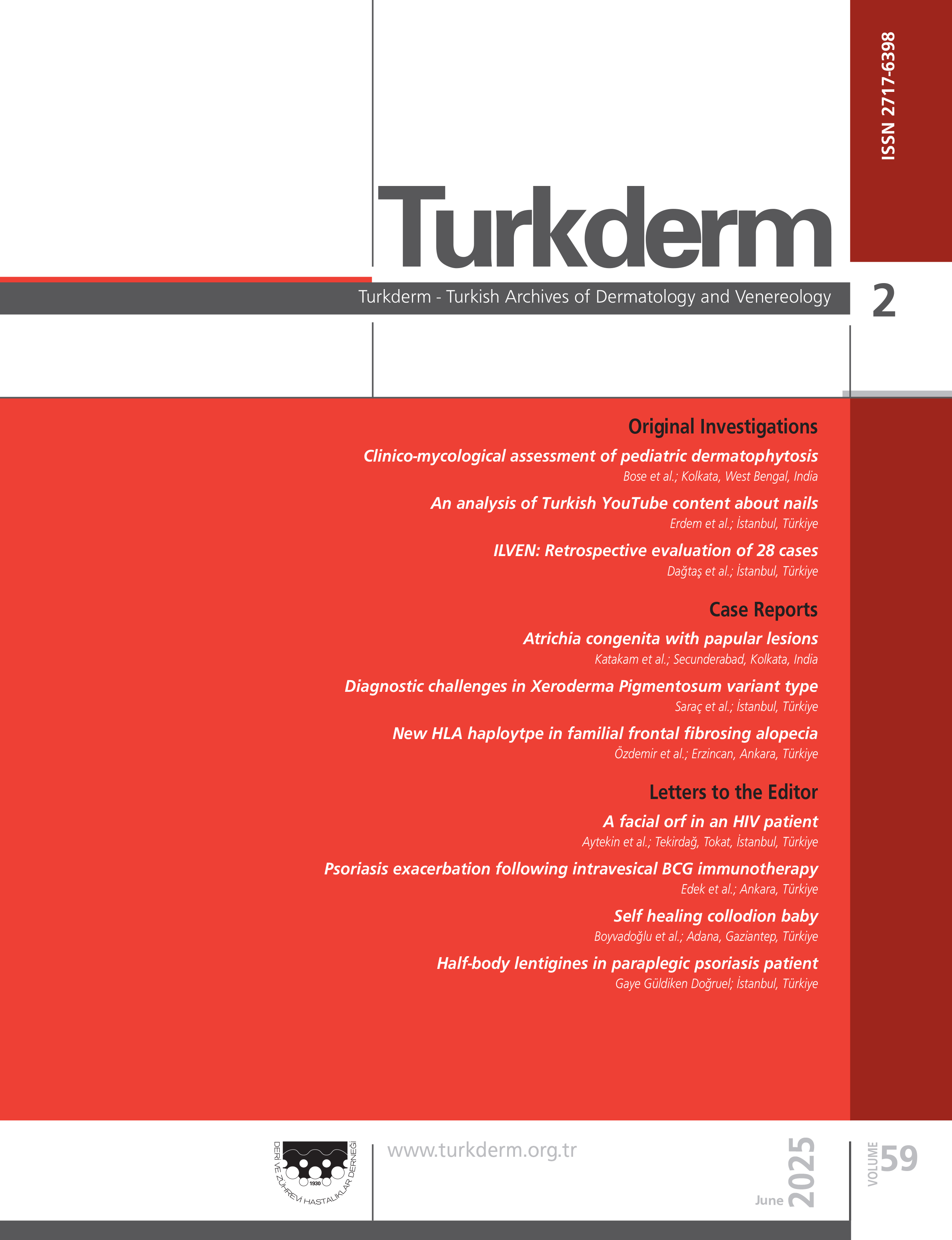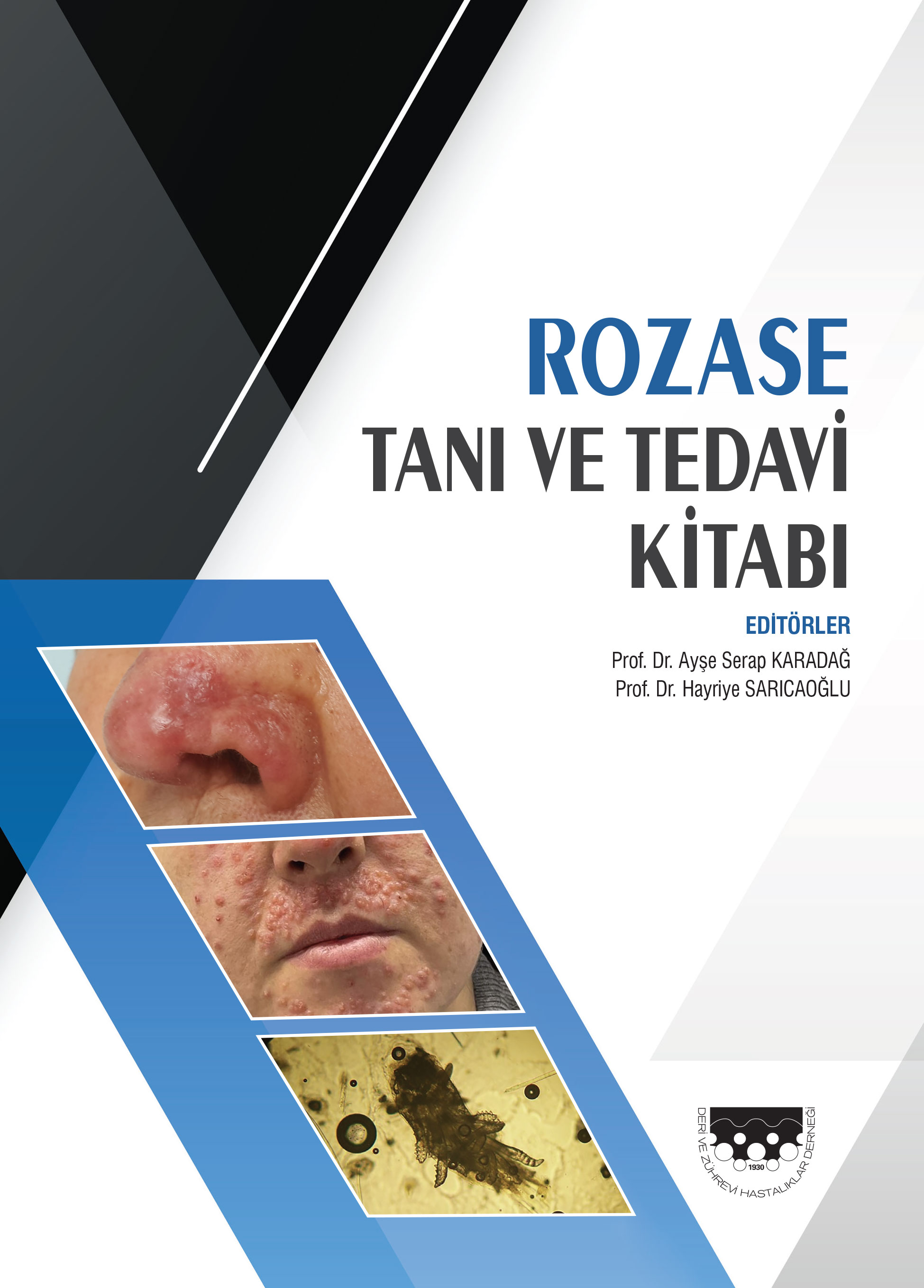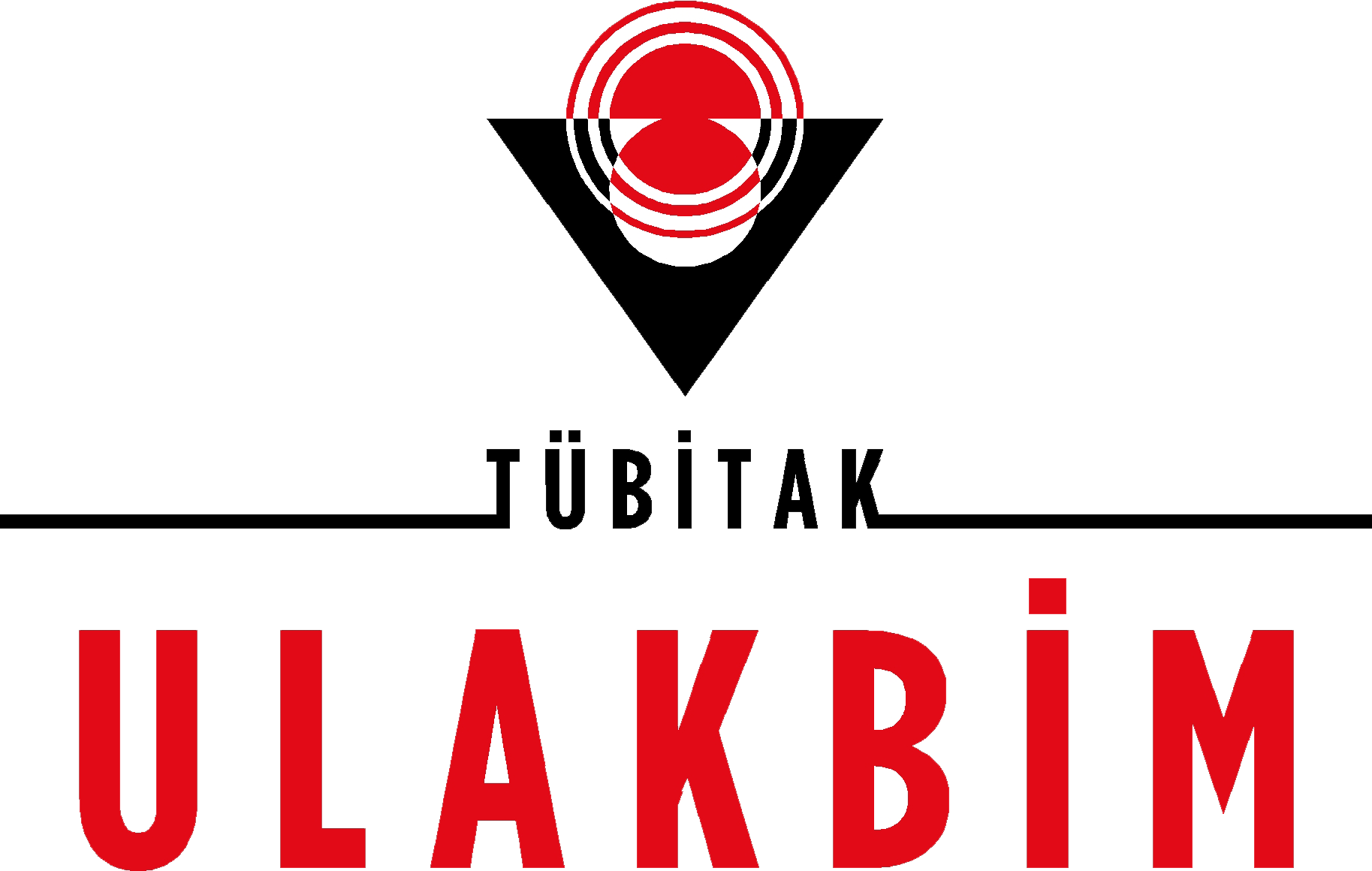Assessment of nasal carriage of staphylococcus aureus in patients with acne vulgaris
Betül Demir1, Affan Denk2, İlker Erden3, Demet Çiçek1, Haydar Uçak41Department of Dermatology, Firat University, Elazig, Turkey2Department of Infectious Diseases and Clinical Microbiology, Firat University, Elazig, Turkey
3Clinic of Dermatology, Elazig Education and Research Hospital, Elazig, Turkey
4Department of Dermatology, Dicle University, Diyarbakir, Turkey
Background and Design: Systemic antibiotics, such as tetracycline and doxycycline are used in the treatment of inflammatory forms of moderate acne, or acne that is resistant to topical treatment. Oral isotretinoin treatment is the most effective treatment option in severe papulopustular and nodular forms of acne. Dose-related nasal carrier state of Staphylococcus aureus (S. aureus), has been reported in 90% of patients using isotretinoin. Long-term oral and/or topical antibiotic use in the treatment of acne causes changes in antibiotic susceptibility and emergence of methicillin-resistant S. aureus (MRSA) pathogens. The present retrospective study examined the colonization rates of S. aureus in patients who had an increase in acneiform lesions while taking medications for the treatment of acne and whose nasal swap samples were obtained and also investigated their relationship with treatment options.
Materials and Methods: A total of 86 patients with moderate acne who attended our dermatology outpatient clinic with the complaints of acne and in whom nasal swap samples were obtained due to increased pustules during acne therapy. The patients were divided into three groups according to the treatment methods as patients receiving topical treatment, patients treated with oral doxycycline, and patients treated with oral isotretinoin. The results of the cultures were evaluated in three groups: no growth, methicillin-sensitive S. aureus (MSSA), and MRSAisolated.
Results: 39.5% culture positivity (S. aureus) were determined in 34 patients. Thirty two (94.1%) culture positivity were MSSA, and 2 (5.9%) culture positivity were MRSA. Twenty nine (58%) culture positivity were found in the patients using the oral isotretinoin. There was statistically significant culture positivity in the patients using oral isotretinoin compared to patients receiving other treatments (p<0.001).
Conclusion: We observed that S. aureus colonization increased in patients using systemic isotretinoin independent from the drug dose and duration of drug use. There was no significant change in patients using systemic doxycycline and the colonization decreased in patients using topical antibiotic treatment.
Akne vulgarisli hastalarda nazal staphylococcus aureus taşıyıcılığının değerlendirilmesi
Betül Demir1, Affan Denk2, İlker Erden3, Demet Çiçek1, Haydar Uçak41Fırat Üniversitesi Tıp Fakültesi, Dermatoloji Anabilim Dalı, Elazığ, Türkiye2Fırat Üniversitesi Tıp Fakültesi, Enfeksiyon Hastalıkları ve Klinik Mikrobiyoloji Anabilim Dalı, Elazığ, Türkiye
3Elazığ Eğitim ve Araştırma Hastanesi, Dermatoloji Kliniği, Elazığ, Türkiye
4Dicle Üniversitesi Tıp Fakültesi, Dermatoloji Anabilim Dalı, Diyarbakır, Türkiye
Amaç: Orta veya topikal tedaviye dirençli aknenin enflamatuvar formlarında tetracycline ve doxycycline gibi sistemik antibiyotik tedavileri kullanılmaktadır. Oral isotretinoin tedavisi aknenin şiddetli papülo-püstüler ve nodüler formlarında en etkili tedavi seçeneğidir. İsotretinoin kullanan hastaların %90ında dozla ilişkili nazal Staphylococcus aureus (S. aureus) taşıyıcılığı bildirilmiştir. Diğer taraftan akne tedavisinde oral ve/veya topikal uzun süreli antibiyotik kullanımı antibiyotik duyarlılığının değişmesine ve metisiline dirençli S. aureus (MRSA) patojenlerin ortaya çıkışına neden olmaktadır. Biz bu retrospektif çalışmada akne tedavisi için ilaç kullanmakta iken akneiform lezyonlarında artış gözlenen ve bu nedenle nazal sürüntüleri alınmış olan hastalardaki S. aureus kolonizasyon oranlarını ve hastaların almakta oldukları tedavi seçenekleri ile ilişkisini inceledik.
Gereç ve Yöntem: Bu çalışmaya akne şikayeti ile dermatoloji polikliniğine başvuran ve akne tedavisi alırken, sivilcelerinde artış olduğu için nazal mukozasından sürüntü örneği alınmış olan toplam 86 orta şiddetli akneli hasta alındı. Hastalar kullandıkları tedavilere göre topikal tedavi alanlar, oral doxycycline ve oral isotretinoin alanlar olmak üzere 3 gruba ayrıldı. Ayrıca kültür sonuçları; üreme olmayan, metisiline duyarlı S. aureus (MSSA) ve MRSA üreyen olmak üzere 3 grupta incelendi.
Bulgular: Hastaların 34ünde (%39,5) kültürde üreme (S. aureus) tespit edildi. Otuz dört pozitif kültür sonucunun 32si (%94,1) MSSA, 2si (%5,9) ise MRSA idi. Oral isotretinoin alan 50 hastanın 29unda (%58) kültürde üreme tespit edildi. Oral isotretinoin alan hastalarda diğer tedavileri alan hastalara göre istatistiksel olarak anlamlı düzeyde kültür pozitifliği tespit edildi (p<0,001).
Sonuç: Akne tedavisi için sistemik isotretinoin kullanan hastalarda ilaç dozu ve kullanım süresinden bağımsız olarak S. aureus kolonizasyonunun arttığını, sistemik doxycycline kullananlarda belirgin bir değişiklik olmadığını, topikal antibiyotik tedavi kullananlarda ise azaldığını gözlemledik.
Manuscript Language: Turkish























